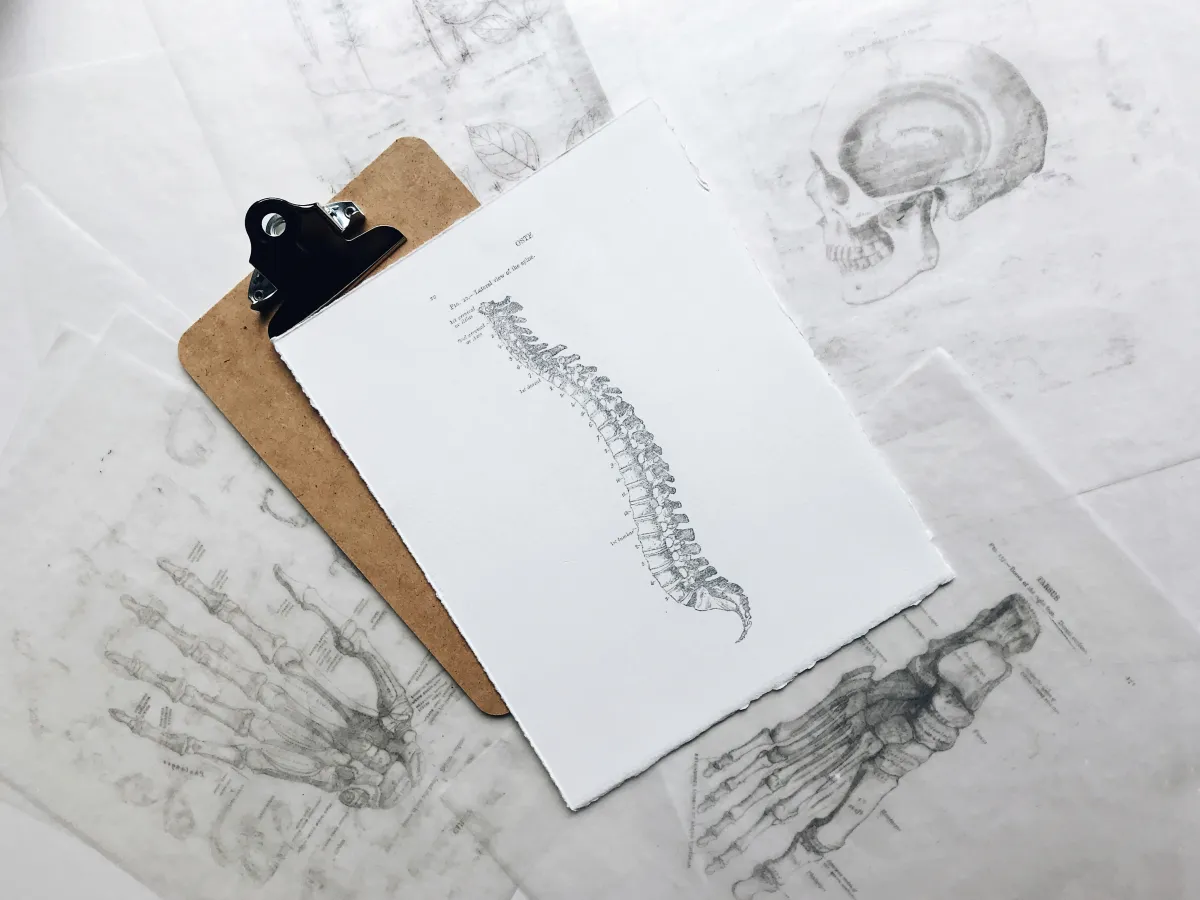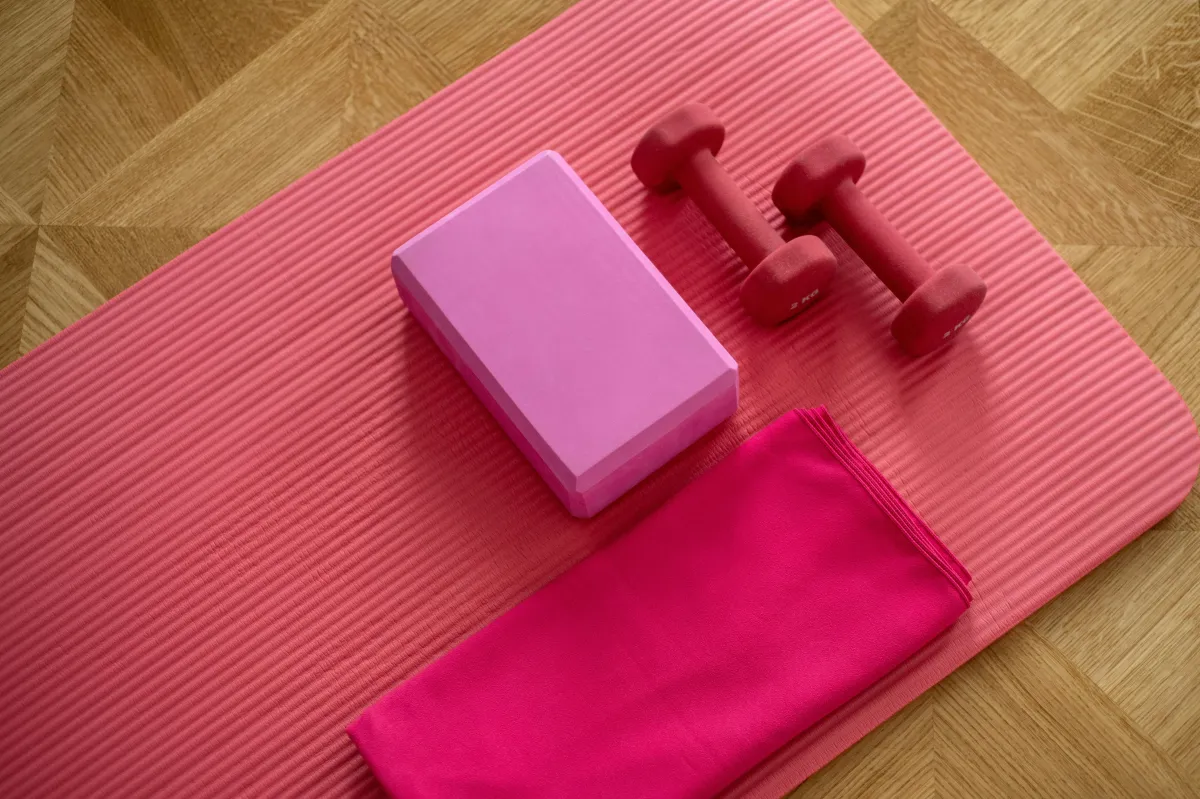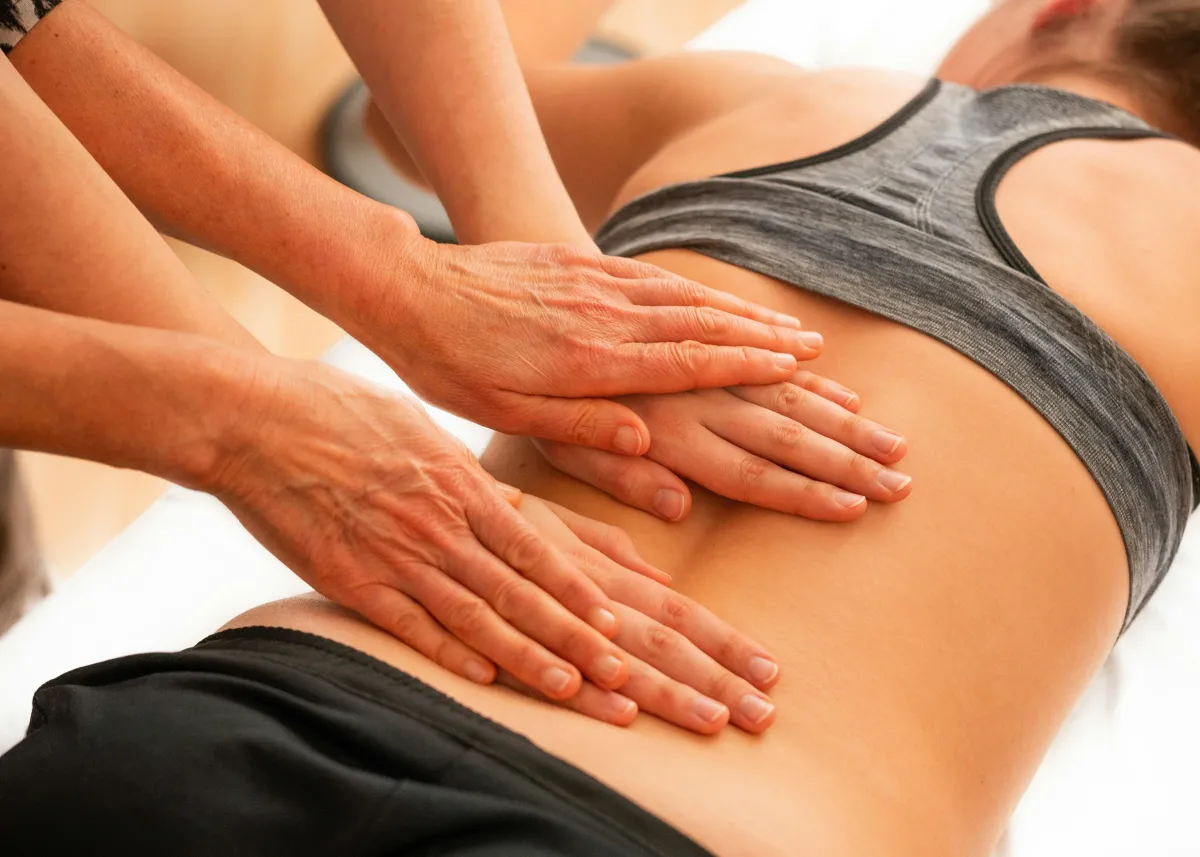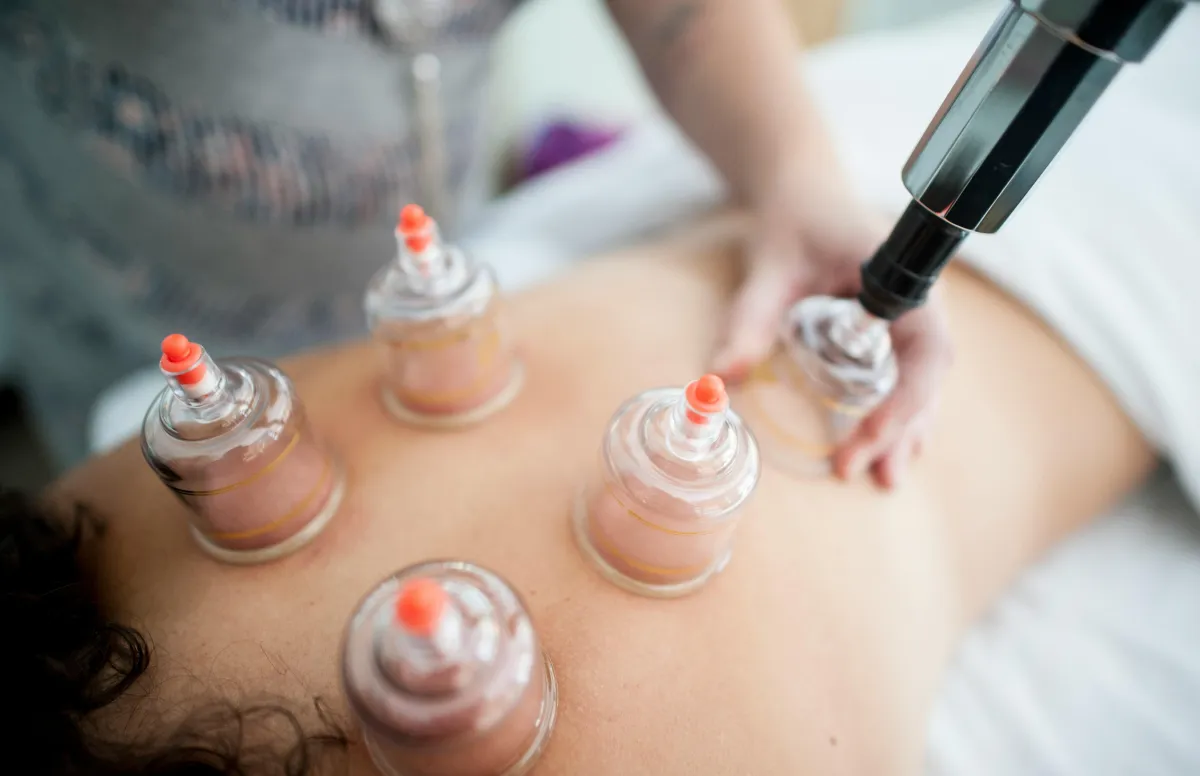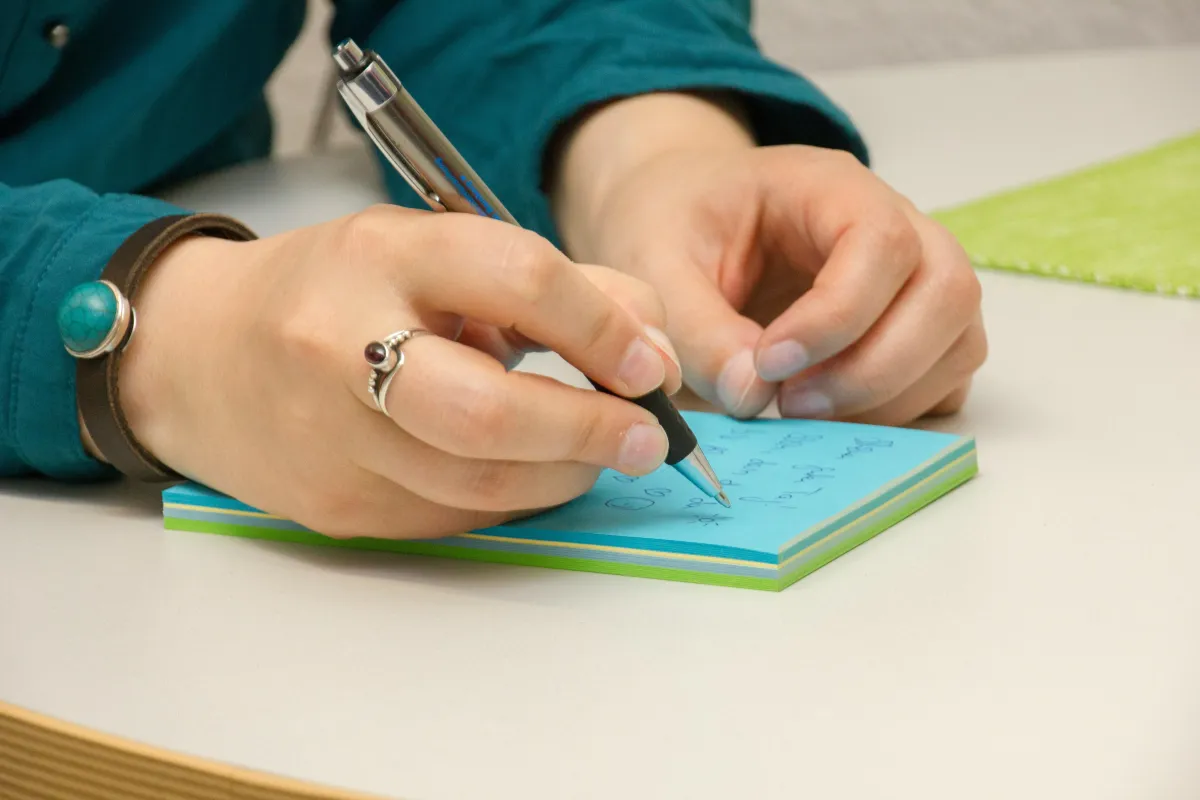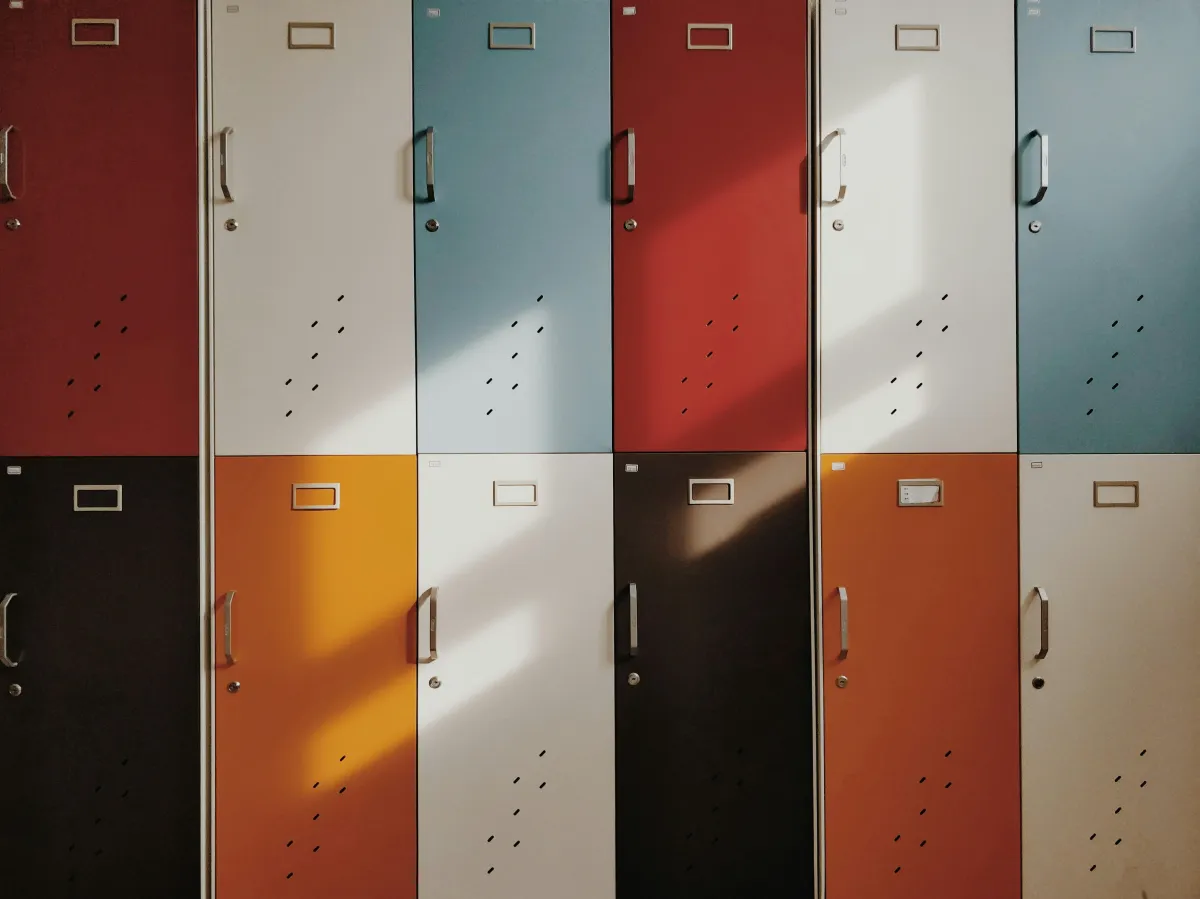ISLINGTON VILLAGE CHIROPRACTIC HEALTH CENTRE
With over 25 years experience, we've proudly served 1,000+ patients in Vaughan.
Why So Many Choose Our Clinic
Trusted Care For 25+ Years in Vaughan
Yes, we are the place your neighbours, friends, family members, co-workers and other members of the community are constantly telling you to go to.
We take pride in saying that we first opened in 2001 and have built a reputable health care clinic based largely on referrals. With so many clinics to choose from, a referral can be just the guidance you are looking for. A referral from someone you trust proves that they are happy with the quality of care received at our clinic.
Trust your referral sources, the only thing you have to lose is pain.
Relief From Head to Toe, Naturally
Whether you’re dealing with chronic back pain, a recent injury, or everyday stress, our multidisciplinary team is here to help you heal and feel your best — naturally.
We treat a wide range of conditions using evidence-based care tailored to your needs. Common concerns we help with include back and neck pain, headaches and migraines, sciatica and nerve pain, joint issues, sports injuries, workplace tension, and foot pain such as plantar fasciitis.
Not sure what’s causing your discomfort? Let’s find out together.
Book a personalized assessment and get a clear path toward lasting relief.
Google Verified Review
⭐️⭐️⭐️⭐️⭐️
"They are all knowledgeable, friendly and passionate about what they do. Support staff is great and the office is inviting and clean. When I'm in pain they save me."
— Angela L. (Google Review)
Google Verified Review
⭐️⭐️⭐️⭐️⭐️
"The kindness and friendliness of this place of healing are only matched by professionalism and diligence."
— Sorina B. (Google Review)
Featured Services
What Our Patients Say
We’re proud to be the go-to clinic for Chiropractic, Physiotherapy, and Registered Massage Therapy in Vaughan. Here’s what our patients are saying.
Google Verified Review
⭐️⭐️⭐️⭐️⭐️
"Great team of Chiropractors, Massage Therapists and Physiotherapists at Islington Village Chiropractic Health Centre!"
— Tim W. (Google Review)
Google Verified Review
⭐️⭐️⭐️⭐️⭐️
"I hate the idea of having surgery and I love a professional who wants to avoid that option if it’s possible. I’ve been treated really well here and am continuing to trust them with this process :)"
— Uvi K. (Google Review)
Google Verified Review
⭐️⭐️⭐️⭐️⭐️
"They are all knowledgeable, friendly and passionate about what they do. Support staff is great and the office is inviting and clean. When I'm in pain they save me."
— Angela L. (Google Review)
Google Verified Review
⭐️⭐️⭐️⭐️⭐️
"The kindness and friendliness of this place of healing are only matched by professionalism and diligence."
— Sorina B. (Google Review)
Your Health, Our Priority
Your Health, Our Priority
Choosing IVCHC means prioritizing your health with a team dedicated to comprehensive and compassionate care. At IVCHC, we blend a diverse range of therapeutic services with personalized treatment plans to address your unique health concerns.
Our experienced practitioners are committed to your well-being, helping you achieve optimal health and a pain management. With a focus on patient education and preventive care, IVCHC empowers you to take control of your health journey. Experience the difference at IVCHC, where your wellness is our top priority.
What to Expect on Your First Visit
At IVCHC, we make your first visit simple, comfortable, and all about you. Here’s what you can expect.
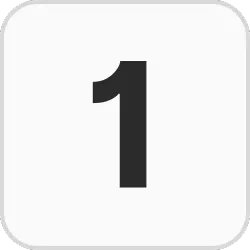
Warm Welcome & Intake
You'll be greeted by our friendly front desk team and guided through a brief intake process. We’ll gather some background on your health history, goals, and current concerns.
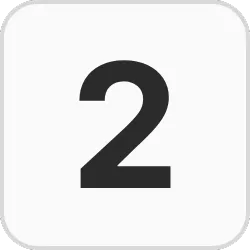
Personalized Assessment
Next, you’ll meet with one of our experienced providers for a detailed assessment. We take the time to listen, answer questions, and evaluate what’s really going on beneath the surface.
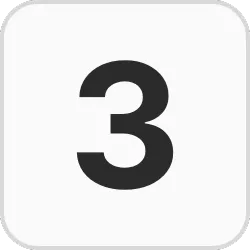
Clarity & Next Steps
Once we understand your needs, we’ll walk you through our findings and recommend a care plan designed just for you — no pressure, no surprises.
Whether you’re seeking pain relief, injury recovery, or long-term wellness, your comfort and clarity come first.
Frequently Asked Questions
Do I need a referral to book an appointment?
No referral is needed, you can book directly with us even if it’s your first time seeing a practitioner.
What should I bring to my first visit?
Please bring any relevant medical documents (like imaging results), and a list of current medications if applicable. Comfortable clothing is recommended.
Will I receive treatment during my first visit?
In most cases, yes. After your assessment, if it’s safe and appropriate to proceed, treatment will begin the same day.
How long does the first appointment take?
Your first visit typically lasts between 45 minutes to 1 hour, depending on your needs and the provider you’re seeing.
Are your services covered by private insurance?
Yes, most extended health plans cover the services we offer. However, the amount covered is unique and set by your health plan provider. You can always contact your provider for exact coverage amounts and we’ll always provide you with receipts for easy reimbursement.
Do you offer direct billing?
We offer direct billing for many insurance providers. Ask our front desk staff for more information and to see if your plan qualifies.
Can I see multiple providers at the clinic?
Yes! We offer integrated care, and you’re welcome to book with any of our practitioners, anytime.

Copyright 2026. Islington Village Chiropractic and Health Center. All rights reserved.
Our Services
